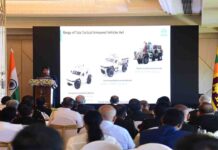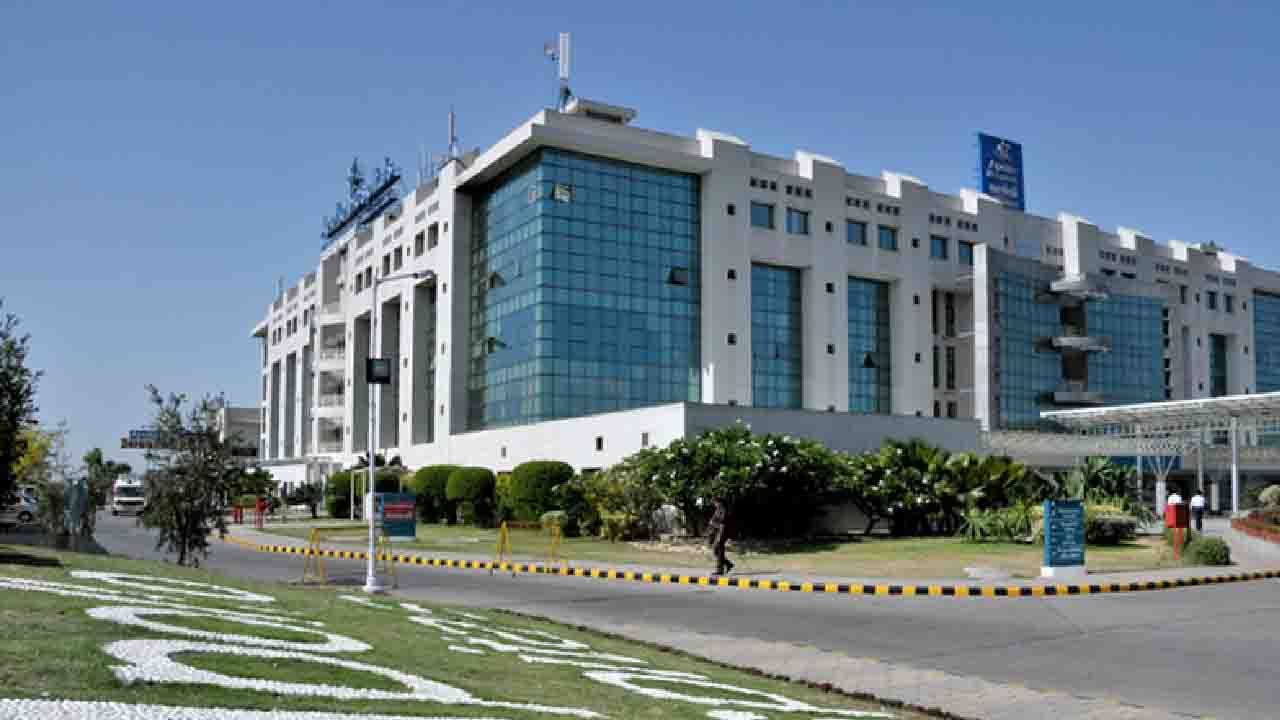(Commonwealth) _ With the advent of smart manufacturing, data has become a crucial asset for organizations aiming to optimize operations and foster innovation. In this era driven by data, skilled professionals specializing in data analysis, engineering, and visualization play a pivotal role. They are instrumental in unlocking the true potential of information and driving efficiency, productivity, and growth within smart manufacturing environments. By leveraging their expertise, these data specialists help organizations make data-driven decisions, uncover valuable insights, develop predictive models, build robust data infrastructures, and create intuitive visualizations. Their contributions enable businesses to adapt, thrive, and stay ahead in the rapidly evolving landscape of smart manufacturing.
Data analysts are at the forefront of transforming raw data into meaningful insights. In smart manufacturing, their role is critical for uncovering patterns, trends, and anomalies that can drive operational efficiencies and improve decision-making. By applying statistical techniques and data mining tools, data analysts identify opportunities for process optimization, quality control, and predictive maintenance. Their ability to generate actionable insights from vast amounts of data helps organizations make informed strategic and tactical decisions.
Data scientists bring a unique blend of analytical skills, domain expertise, and programming knowledge to the table. They employ advanced algorithms, machine learning, and artificial intelligence techniques to develop predictive and prescriptive models that optimize manufacturing processes. By analyzing historical data and real-time inputs, data scientists can anticipate equipment failures, forecast demand, optimize inventory levels, and even simulate scenarios to enhance production planning. Their work enables organizations to proactively address challenges and make data-driven decisions that maximize productivity and minimize costs.
Data engineers play a crucial role in creating and maintaining the infrastructure necessary for seamless data integration in smart manufacturing environments. They design and develop data pipelines, data warehouses, and data lakes that enable efficient collection, storage, and retrieval of data from multiple sources. Data engineers collaborate with cross-functional teams to ensure data quality, security, and compliance. They also work on building robust data analytics platforms that empower other data professionals to extract insights and drive innovation. Their expertise in data architecture and integration is vital for establishing a solid foundation for data-driven decision-making.
Data visualization experts excel in transforming complex data sets into visually captivating and comprehensible representations. In the realm of smart manufacturing, their primary responsibility is to design and develop intuitive dashboards, interactive reports, and visual representations that enable stakeholders to quickly grasp essential insights. By harnessing data visualization tools and techniques, these experts bridge the gap between data analysis and decision-making, empowering manufacturing teams to identify trends, pinpoint bottlenecks, and effectively track key performance indicators. Their ability to present data in a visually appealing and digestible manner enhances communication, facilitates informed decision-making, and ultimately drives operational improvements and strategic advancements within the smart manufacturing landscape.
In the dynamic era of smart manufacturing, data specialists play a pivotal role in unlocking the transformative power of data. Data analysts and scientists delve into vast datasets, unearthing actionable insights that fuel operational improvements and informed decision-making. With their expertise in statistical analysis and advanced algorithms, they empower organizations to optimize processes, enhance quality control, and predict maintenance needs. Data engineers, on the other hand, lay the foundation for seamless data integration by designing and maintaining robust infrastructures. Their work ensures efficient collection, storage, and retrieval of data from diverse sources, enabling effective collaboration and data-driven decision-making. Additionally, visualization experts translate complex data into intuitive visual representations, enabling stakeholders to quickly grasp key insights. Together, these data specialists reshape the manufacturing landscape, driving operational excellence, fostering innovation, and propelling organizations toward heightened efficiency and growth.
















